
Article
The New Economic Security State
How De-risking Will Remake Geopolitics
Foreign Affairs,
2023
Recommendation
National security involves more than just protection from war and terrorism. Economic clout plays a significant role in what has become a highly interconnected and interdependent world. The United States must therefore rethink its national security strategy, write professors Henry Farrell and Abraham Newman in this astute essay. America’s reliance on Cold War-era approaches raises risks, as adversaries can weaponize national resources and industry. Students of foreign policy will find value in this exposition of a new geostrategic reality.
Summary
About the Authors
Henry Farrell is a professor of international affairs at Johns Hopkins University. Abraham Newman is a professor of government at Georgetown University.
Learners who read this summary also read
Report
Article
Article








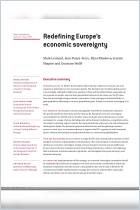
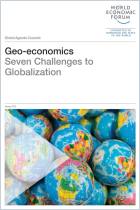
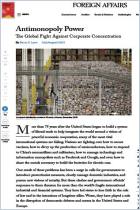
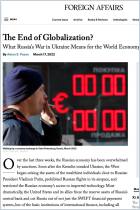
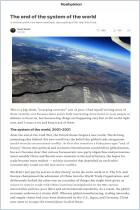
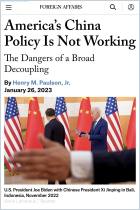


Comment on this summary or Démarrer une discussion